On August 25, The Farmlink Project helped deliver 17,480 pounds of apples from Apple King Farm to Food Circle.
Located in Yakima Valley, Washington, Apple King is a family-owned fruit business that has been growing, packing, and shipping apples since 1914. Apple King aims to provide consumers with quality apples while maintaining a safe and productive work environment for their employees. The organization also operates with innovative and environmentally sustainable practices. The Farmlink Project has worked with Apple King many times in the past and hopes to continue working with them in the future.
Based in Burien, Washington, Food Circle is a digital food rescue organization that uses volunteers to transport food from donors to food pantries and meal programs. Food Circle recognizes that the way the B2B food industry currently functions is often inefficient and lacks transparency when it comes to information about products and pricing. Food Circle started during the outbreak of COVID-19, which amplified the food industry’s flaws. Food Circle employee Amy Fauner noted, “part of the reason that we started doing this was that the pandemic made it very obvious that our food system is broken.” Food Circle successfully created an efficient, reliable, and innovative platform that connects suppliers and buyers with professionalism and transparency in the wholesale organic food industry. Committed to helping reduce the effects of climate change, Food Circle also supports programs that promote sustainable development. This includes the portion of their profits they donate to ShareTheMeal, a nonprofit run by the United Nations World Food Programme. Food Circle will send the apples that The Farmlink Project helped to deliver from Apple King to food banks and meal programs across the Seattle area.
These 17,480 pounds of apples will contribute toward both organizations fulfilling their overarching goal of serving families and individuals in need with high-quality produce. The Farmlink Project would like to thank Apple King for their meaningful and impressive work on the farm and Food Circle for working toward reforming the flaws in the food industry.
< Back
On August 25, The Farmlink Project helped deliver 17,480 pounds of apples from Apple King Farm to Food Circle.
Located in Yakima Valley, Washington, Apple King is a family-owned fruit business that has been growing, packing, and shipping apples since 1914. Apple King aims to provide consumers with quality apples while maintaining a safe and productive work environment for their employees. The organization also operates with innovative and environmentally sustainable practices. The Farmlink Project has worked with Apple King many times in the past and hopes to continue working with them in the future.
Based in Burien, Washington, Food Circle is a digital food rescue organization that uses volunteers to transport food from donors to food pantries and meal programs. Food Circle recognizes that the way the B2B food industry currently functions is often inefficient and lacks transparency when it comes to information about products and pricing. Food Circle started during the outbreak of COVID-19, which amplified the food industry’s flaws. Food Circle employee Amy Fauner noted, “part of the reason that we started doing this was that the pandemic made it very obvious that our food system is broken.” Food Circle successfully created an efficient, reliable, and innovative platform that connects suppliers and buyers with professionalism and transparency in the wholesale organic food industry. Committed to helping reduce the effects of climate change, Food Circle also supports programs that promote sustainable development. This includes the portion of their profits they donate to ShareTheMeal, a nonprofit run by the United Nations World Food Programme. Food Circle will send the apples that The Farmlink Project helped to deliver from Apple King to food banks and meal programs across the Seattle area.
These 17,480 pounds of apples will contribute toward both organizations fulfilling their overarching goal of serving families and individuals in need with high-quality produce. The Farmlink Project would like to thank Apple King for their meaningful and impressive work on the farm and Food Circle for working toward reforming the flaws in the food industry.
Food Circle
Yakima Valley, WA, to Burien WA
On August 25, The Farmlink Project helped deliver 17,480 pounds of apples from Apple King Farm to Food Circle.
Located in Yakima Valley, Washington, Apple King is a family-owned fruit business that has been growing, packing, and shipping apples since 1914. Apple King aims to provide consumers with quality apples while maintaining a safe and productive work environment for their employees. The organization also operates with innovative and environmentally sustainable practices. The Farmlink Project has worked with Apple King many times in the past and hopes to continue working with them in the future.
Based in Burien, Washington, Food Circle is a digital food rescue organization that uses volunteers to transport food from donors to food pantries and meal programs. Food Circle recognizes that the way the B2B food industry currently functions is often inefficient and lacks transparency when it comes to information about products and pricing. Food Circle started during the outbreak of COVID-19, which amplified the food industry’s flaws. Food Circle employee Amy Fauner noted, “part of the reason that we started doing this was that the pandemic made it very obvious that our food system is broken.” Food Circle successfully created an efficient, reliable, and innovative platform that connects suppliers and buyers with professionalism and transparency in the wholesale organic food industry. Committed to helping reduce the effects of climate change, Food Circle also supports programs that promote sustainable development. This includes the portion of their profits they donate to ShareTheMeal, a nonprofit run by the United Nations World Food Programme. Food Circle will send the apples that The Farmlink Project helped to deliver from Apple King to food banks and meal programs across the Seattle area.
These 17,480 pounds of apples will contribute toward both organizations fulfilling their overarching goal of serving families and individuals in need with high-quality produce. The Farmlink Project would like to thank Apple King for their meaningful and impressive work on the farm and Food Circle for working toward reforming the flaws in the food industry.
.png)

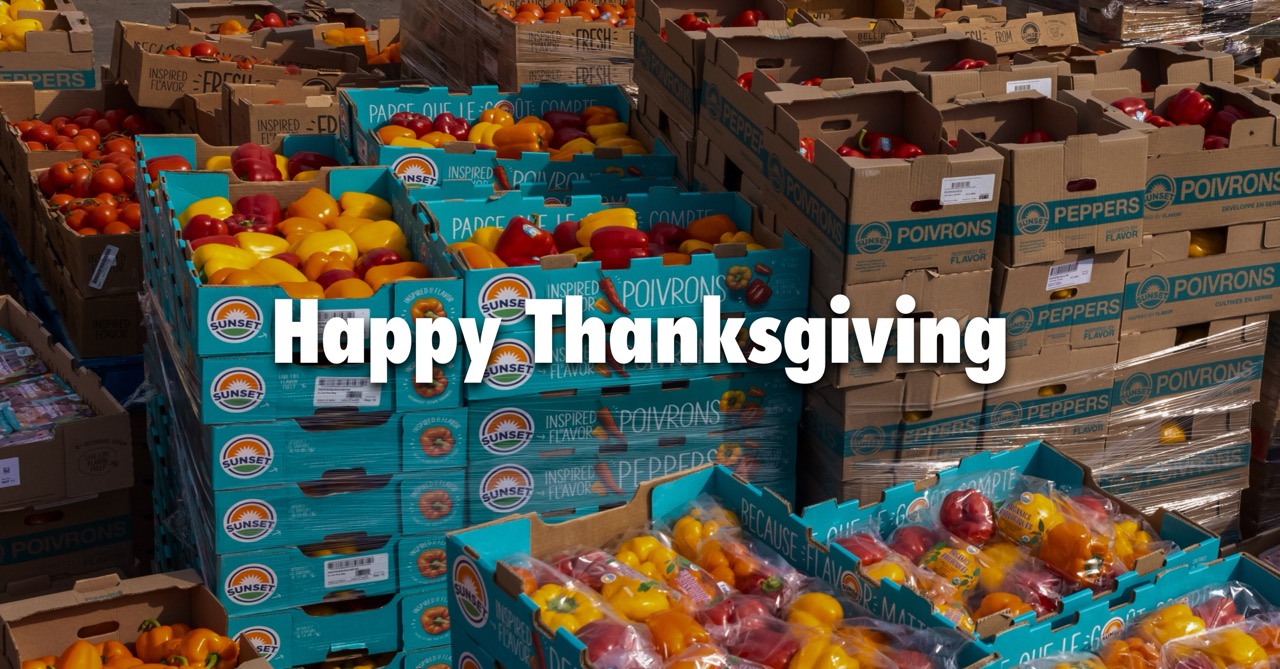
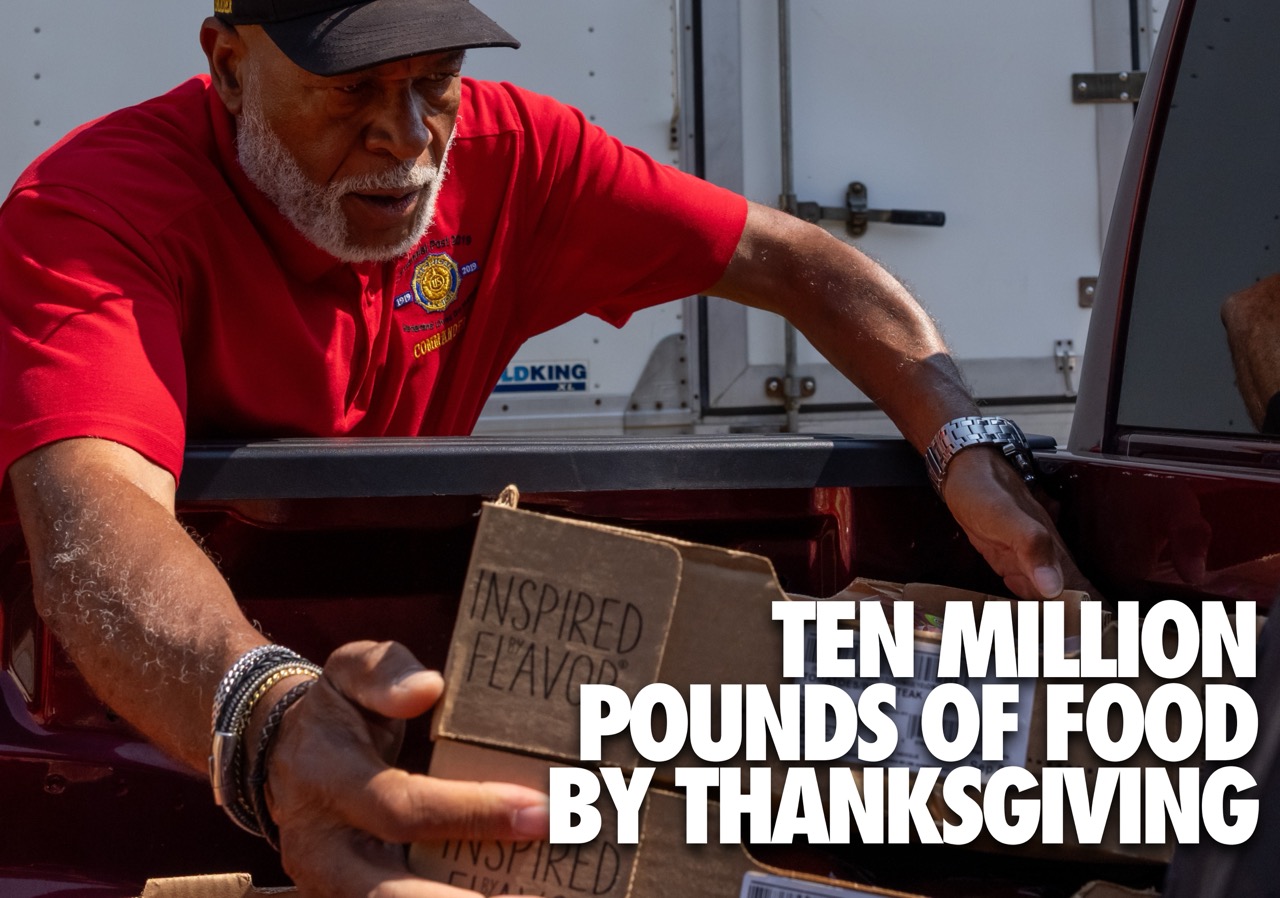
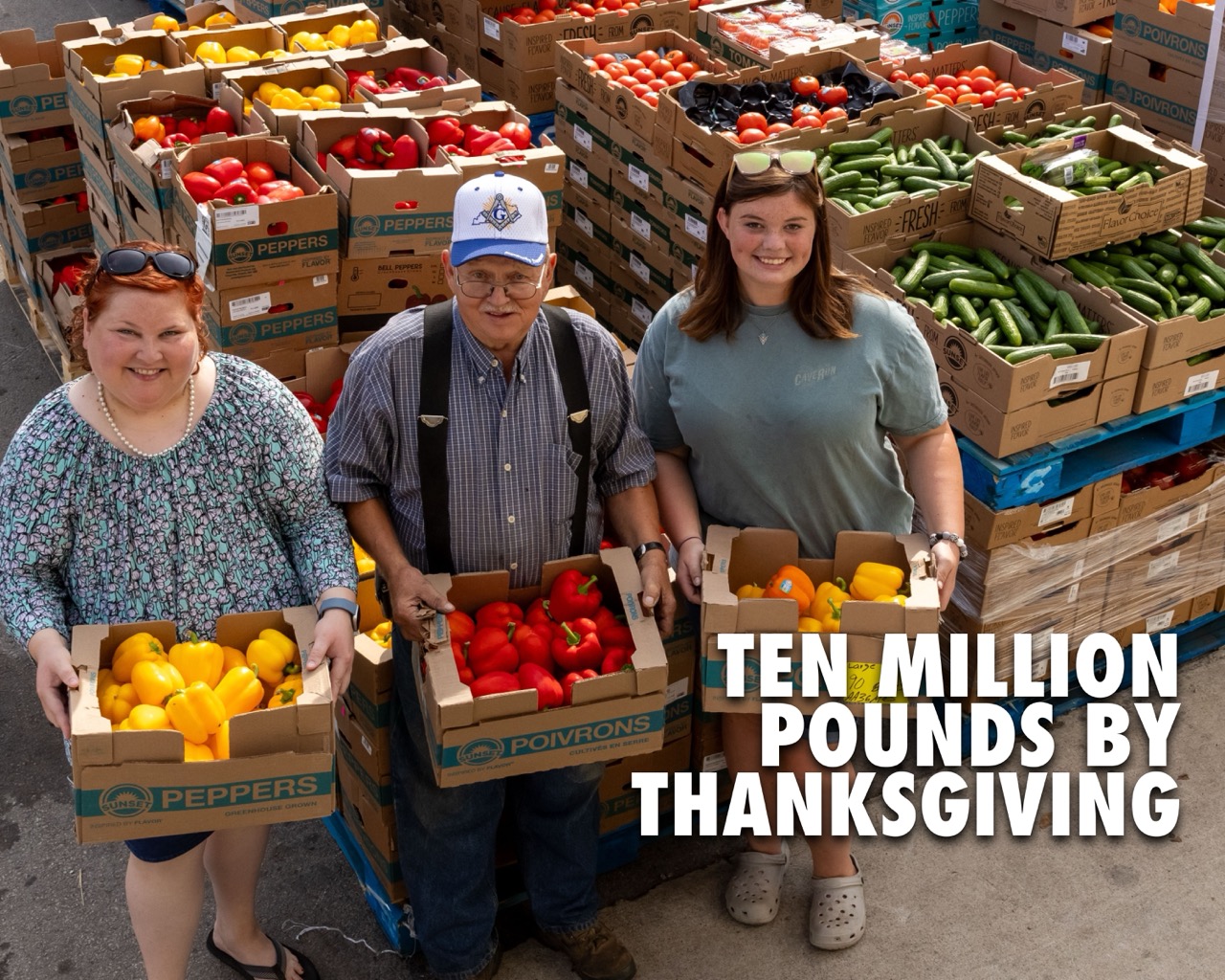
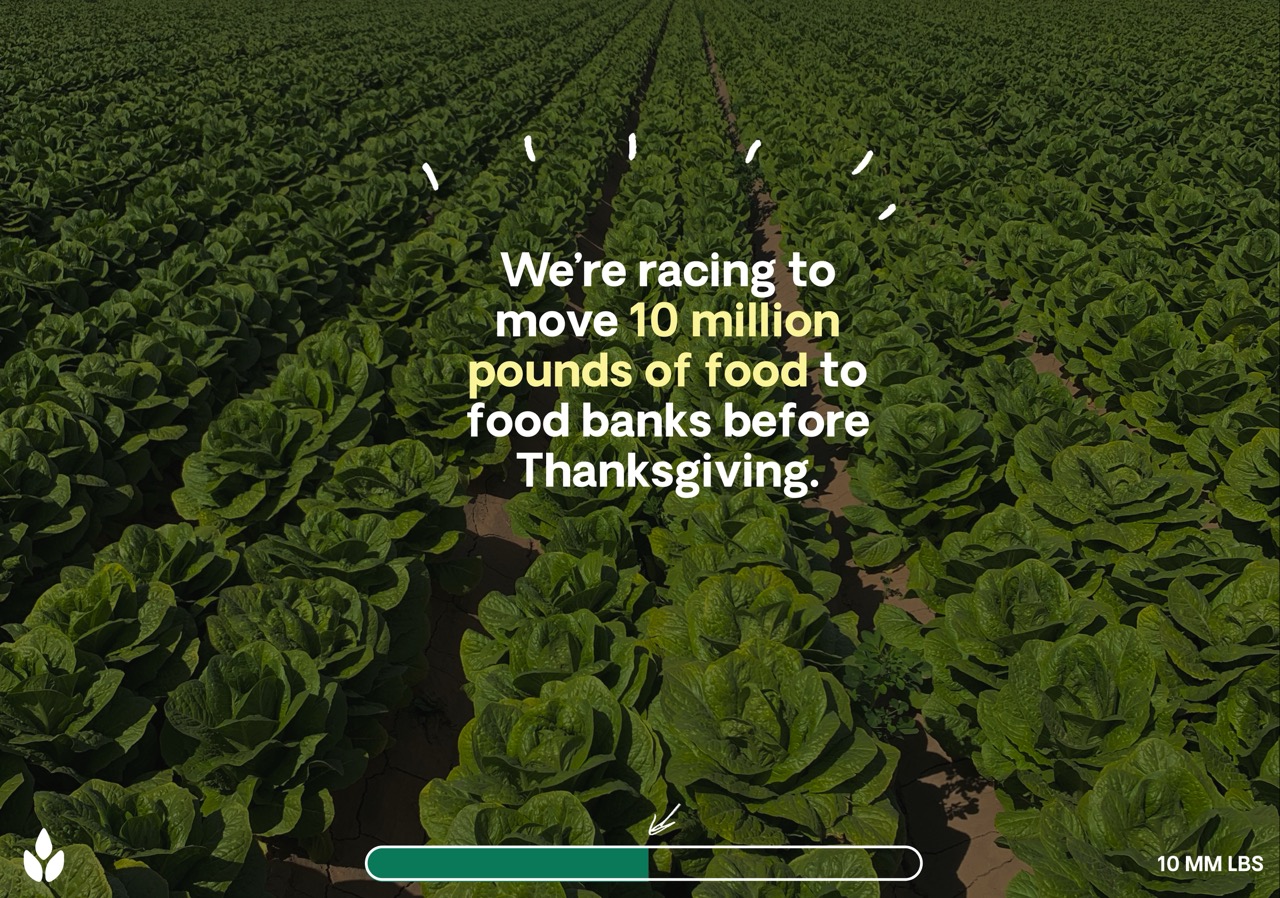
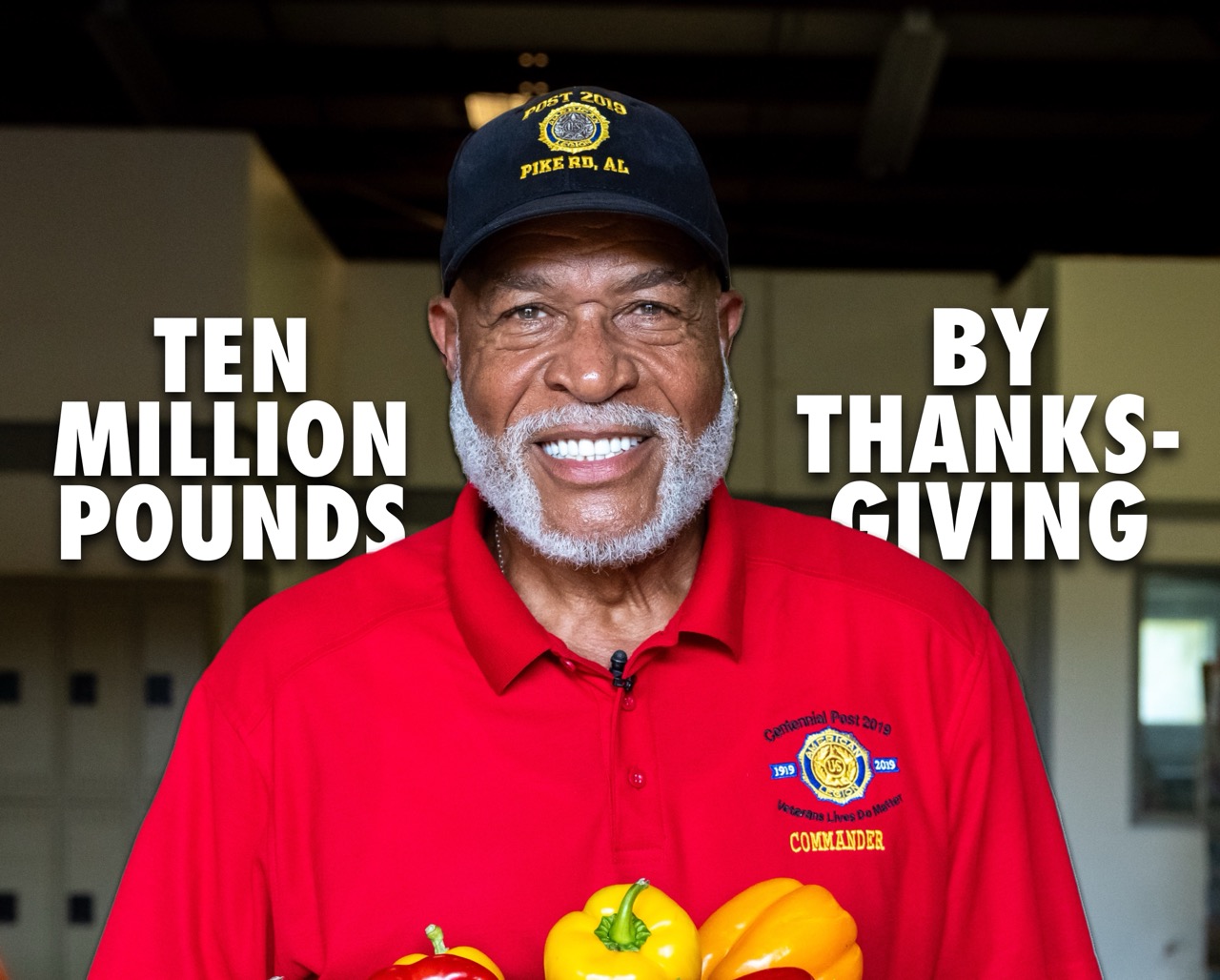
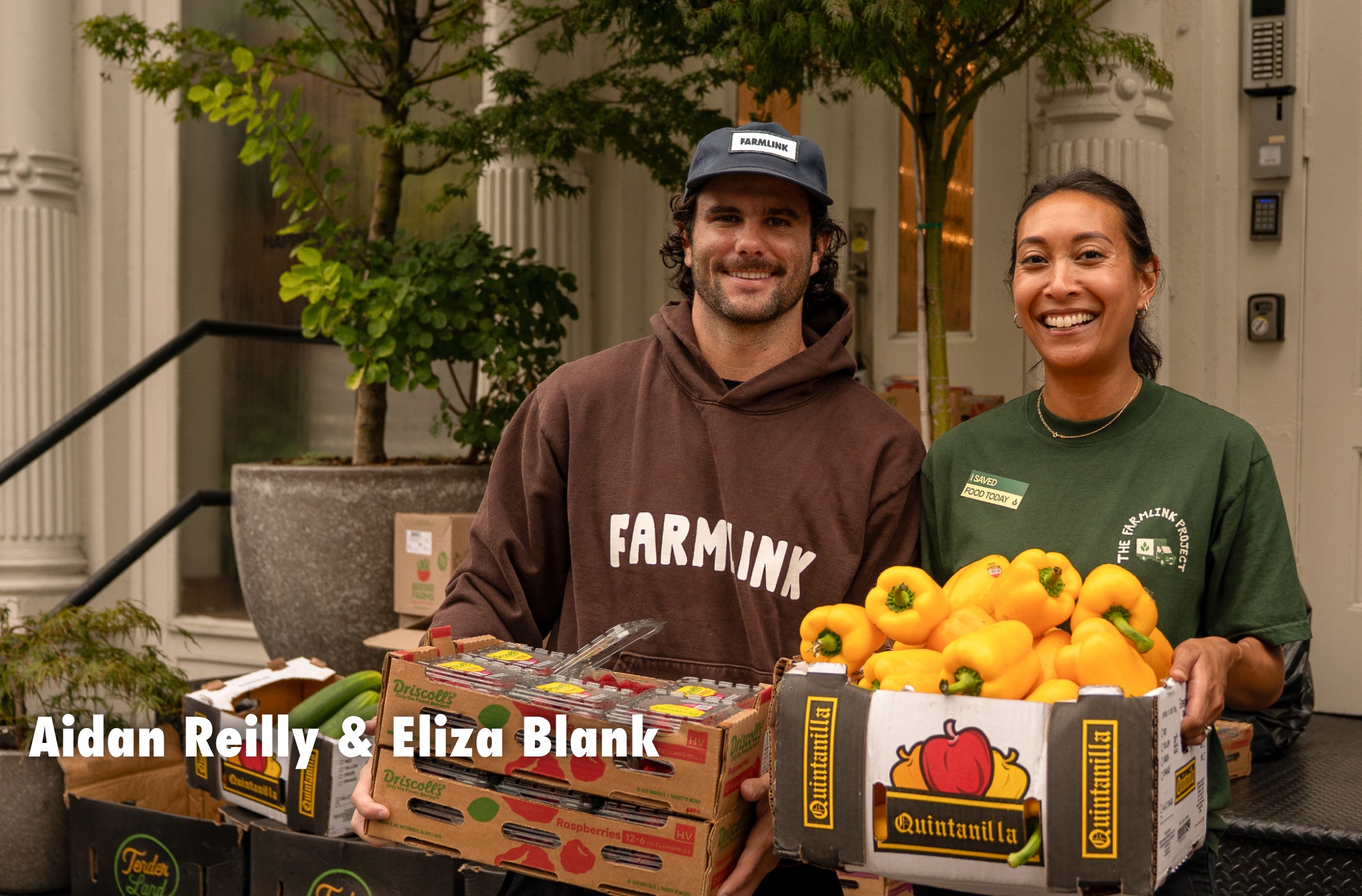
.svg)
.svg)
.svg)